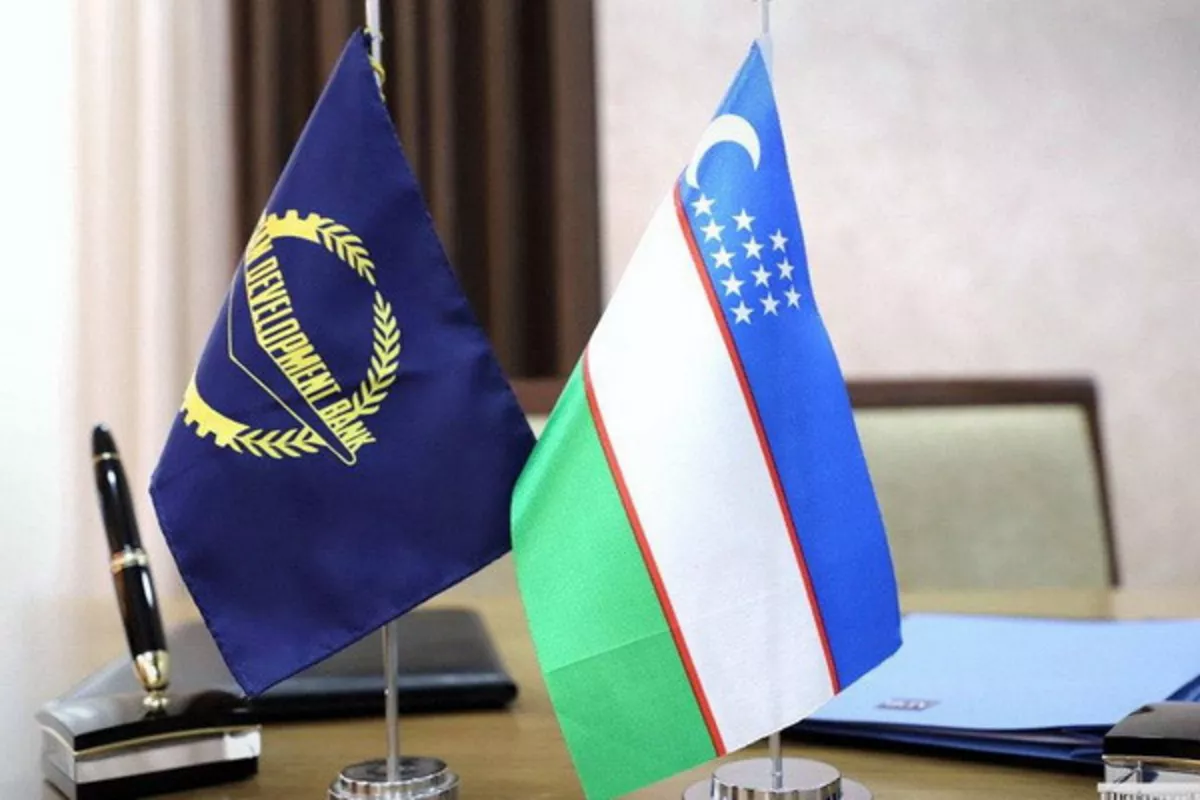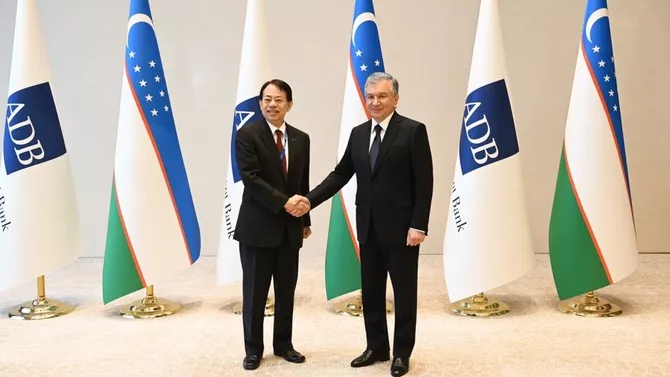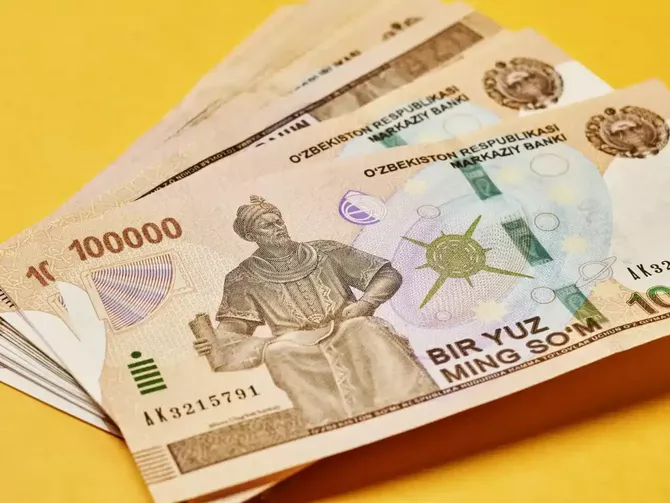
On August 28, 2025, the Asian Development Bank (ADB) approved a loan of $233.1 million to Uzbekistan for the modernization of a key section of Corridor-2 under the Central Asia Regional Economic Cooperation (CAREC) program. The project aims to improve regional connectivity, reduce travel times, enhance road safety, and strengthen the resilience of transport infrastructure to climate challenges in the western regions of the country.
The initiative provides for the reconstruction of nearly 90 kilometers of the Guzar-Bukhara-Nukus-Beyneu highway in the Republic of Karakalpakstan. This project will enhance Uzbekistan’s transit potential, positioning the country as a more significant logistics hub in Central Asia, while also stimulating inclusive economic growth. The total cost of the project is estimated at $293.7 million, of which $60.6 million will be financed by the Uzbek government. Importantly, this step is fully aligned with both Uzbekistan’s Development Strategy until 2030 and ADB’s Strategy 2030, which prioritize regional integration and sustainable development.

The year 2025 has symbolic importance as it marks the 30th anniversary of Uzbekistan’s partnership with ADB. Since joining the bank in 1995, the country has received loans, grants, and technical assistance totaling about $14.3 billion. ADB opened its representative office in Tashkent in 1998, and in 2025-2026 Uzbekistan holds the chairmanship of the ADB Board of Governors.
In recent years, ADB has approved a number of significant projects that have shaped the socio-economic trajectory of the country. In July 2024, two loans worth a combined $400 million were approved to support financial market reforms and develop a sustainable, market-oriented energy sector. In August of the same year, ADB launched a new Country Partnership Strategy (2024-2028), designed to promote a “green” and inclusive transformation of Uzbekistan’s economy, strengthen the private sector, and expand investments in human capital.
In November 2024, ADB approved a $250 million loan to promote environmentally sustainable growth, improve public financial management, and accelerate the transition to a green economy. In February 2025, a $125 million loan was approved to strengthen water security, modernize water supply systems, and improve resilience to climate change.
In spring 2025, ADB announced plans to allocate $3.4 billion by 2030 to support entrepreneurship, particularly small and medium-sized businesses. In April, the Ministry of Economy and Finance of Uzbekistan, together with ADB and the World Bank, prepared an agreement on $400 million in financing for the accelerated development of 16 districts and cities. The Uzbek government will additionally provide $77 million from the state budget to finance social and infrastructure projects, with expected results including industrial growth of 7-8%, agricultural growth of 4-5%, and a reduction in unemployment by 4-5%.
That same month, ADB approved a $59 million loan for the integrated development of Khiva, Jizzakh, and other cities, including the construction of a multifunctional tourism center. The loan term is set at 25 years with a 2% annual interest rate and a five-year grace period. In May, Uzbekistan and ADB signed an implementation program for 23 new projects worth $3.6 billion for 2025-2026, covering education, water supply, transport, and financial-technical support. Food security was also highlighted as a priority area.

In June 2025, ADB issued its first bonds denominated in Uzbek soums, raising the equivalent of $24.7 million. This was an important signal to international investors, demonstrating the growing openness and stability of Uzbekistan’s financial system.
Thus, Uzbekistan’s cooperation with ADB is entering a qualitatively new stage. It is no longer limited to credit lines but provides a long-term strategic foundation for economic modernization, competitiveness, and integration into regional and global value chains.
A particularly significant milestone will be the upcoming ADB Board of Governors meeting scheduled for May 2026 in Samarkand. According to ADB President Masato Kanda, the event will become “an inspiring platform for dialogue and partnership, providing an opportunity to highlight the unique dimensions of the region.”
This meeting is expected to be not only a symbol of three decades of cooperation but also a launchpad for a new phase in the partnership. At a time of growing competition for investment and increasing global emphasis on the green economy, Uzbekistan has the chance to strengthen its role as a reliable partner and regional integration leader.
The geopolitical context adds further weight to this cooperation. Situated in the heart of Eurasia, Uzbekistan is emerging as a vital bridge between East and West, Asia and Europe. ADB’s support reinforces the country’s role as a key participant in the Belt and Road Initiative and as an essential part of the Middle Corridor that connects China, Central Asia, the South Caucasus, and onward to Europe. In this sense, the ADB-Uzbekistan partnership extends beyond national economic goals, shaping the development of new transport and energy routes as well as the broader architecture of regional security.
For these reasons, it can be said with confidence: the partnership between Uzbekistan and ADB is not merely financial cooperation but a strategic choice shaping the country’s long-term future. It paves the way for Uzbekistan to become a regional hub of sustainable growth and a transit bridge between continents, securing its increasingly prominent place in the global system of sustainable development.
Share on social media